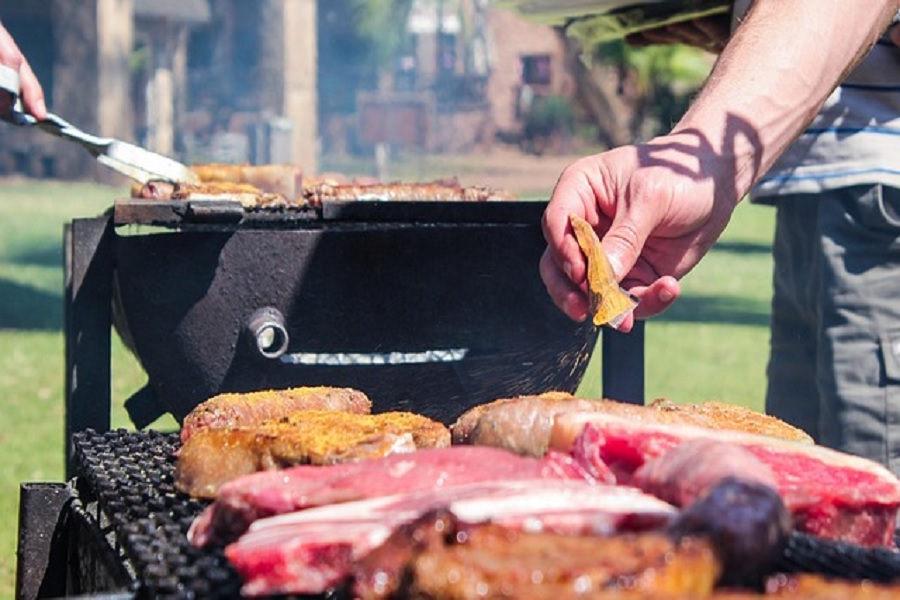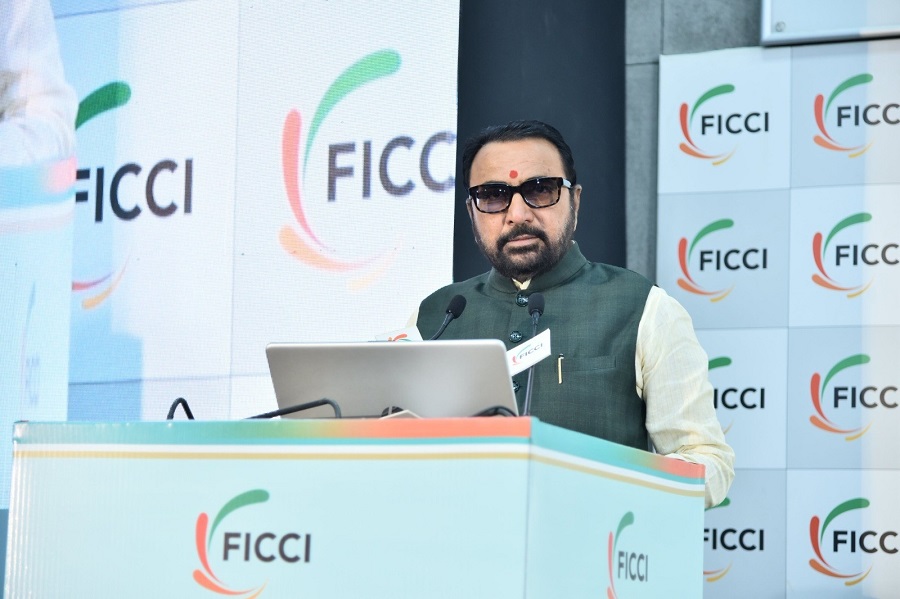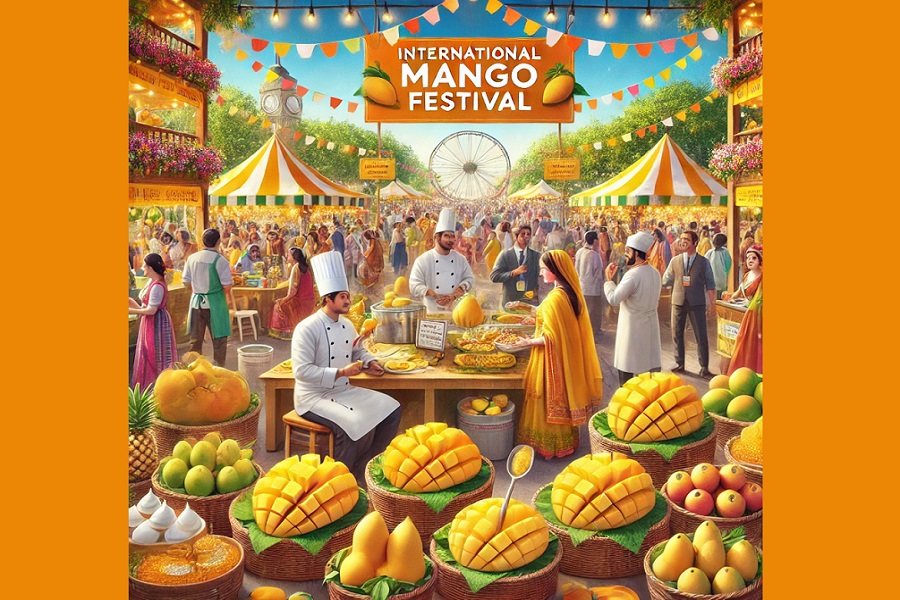Food and Beverage Tourism 2025: Culinary Travel Becomes a Taste of Culture and Sustainability

In 2025, Food and Beverage Tourism has evolved far beyond restaurant hopping. Today’s culinary explorers are traveling not just to eat—but to understand ingredients, meet producers, learn cooking traditions, and taste sustainability. From rooftop farms in Bangkok to millet tours in Karnataka and whisky trains in Scotland, food is now a full-sensory cultural journey.
Culinary Tourism with a Purpose
Sustainability is now central to F&B tourism. Farm-to-fork trails, regenerative agriculture experiences, and zero-waste cooking workshops are taking center stage. In Goa, tourists are visiting spice plantations not only for tastings but to participate in organic harvesting and composting sessions.
In Japan, travelers are learning to make plant-based kaiseki meals with local monks, combining wellness and culinary spirituality.
India’s Millets Mission Goes Global
Riding the momentum of the International Year of Millets 2023, India has launched “Millet Culinary Trails” in Karnataka, Rajasthan, and Uttarakhand, drawing global tourists eager to try ancient grains like ragi, jowar, and bajra in gourmet avatars—such as millet risotto, pancakes, and craft beer.
Boutique cafes in Delhi, Mumbai, and Bengaluru are also offering culinary classes focused on millet fusion recipes.
Rise of Liquid Tourism
Beverage tourism is gaining traction in exciting new ways. In Scotland and Ireland, “whisky trains” offer rolling tastings through countryside distilleries. In Maharashtra’s Nashik, vineyards are combining grape stomping with live folk music and wine blending tutorials for families.
Craft tea tourism is emerging in Assam, Darjeeling, and Nilgiris, where visitors are learning to pluck, dry, and brew their own blends while staying in charming tea bungalows.
Hyperlocal Street Food Experiences
Street food is getting a luxury twist. Curated midnight food walks, guided by local chefs, are growing popular in cities like Bangkok, Istanbul, Chennai, and Mexico City. Travelers are increasingly eager to understand the socio-cultural stories behind each dish, turning a simple bite into an experience.
Smart Gastronomy & Tech-Paired Dining
AI is also spicing things up. Apps like TasteMap now offer flavor-profile-based travel suggestions, helping tourists explore cities through personalized food trails. In Singapore, AR-powered dining lets guests visualize dish origins and ingredients before eating.
Youth & Digital Influence
Instagram, reels, and food vlogging are making Gen Z the loudest ambassadors of food tourism. According to a recent Booking.com report, 74% of Indian travelers under 30 said cuisine was the top reason for choosing their next destination.





















